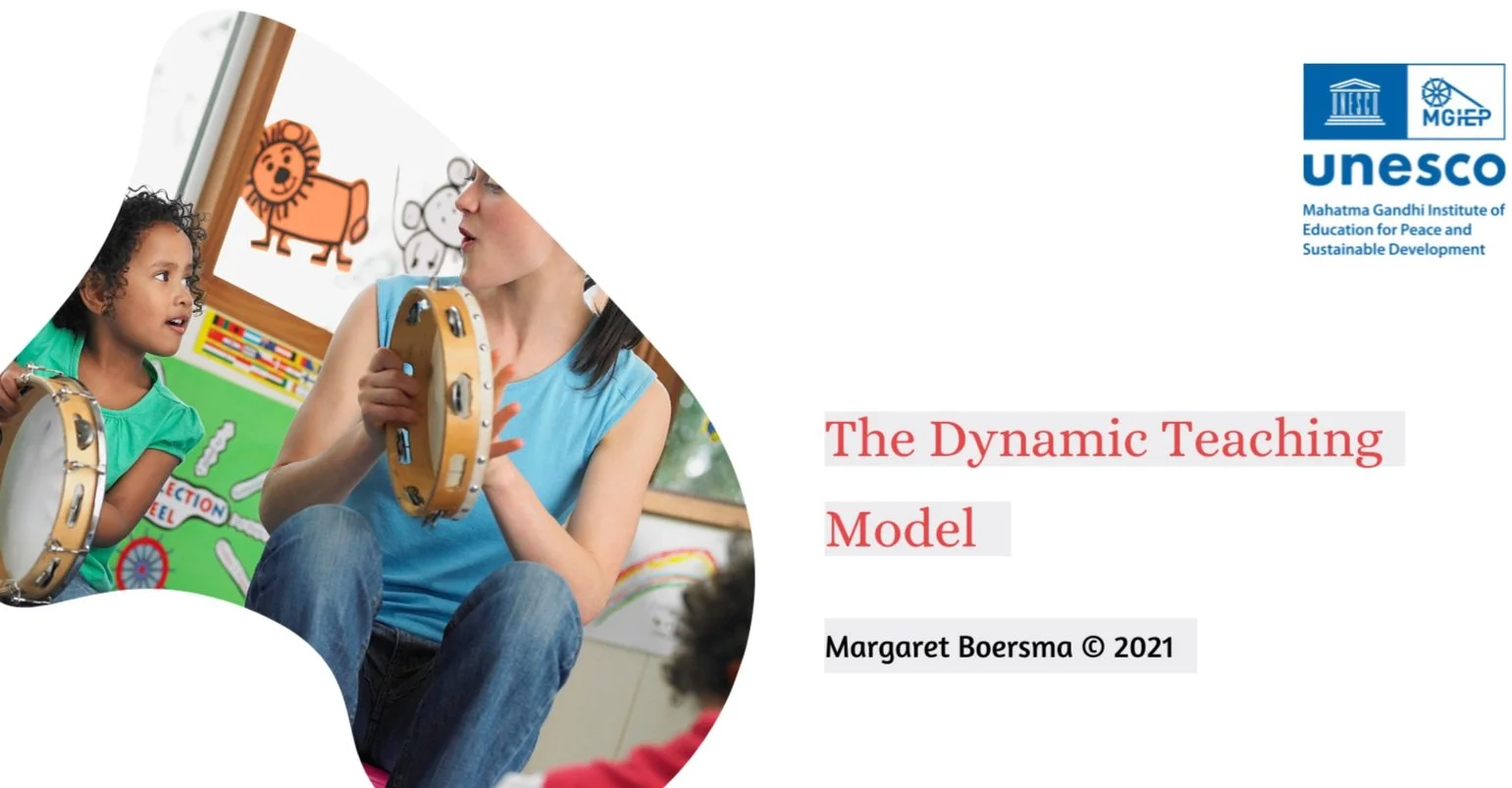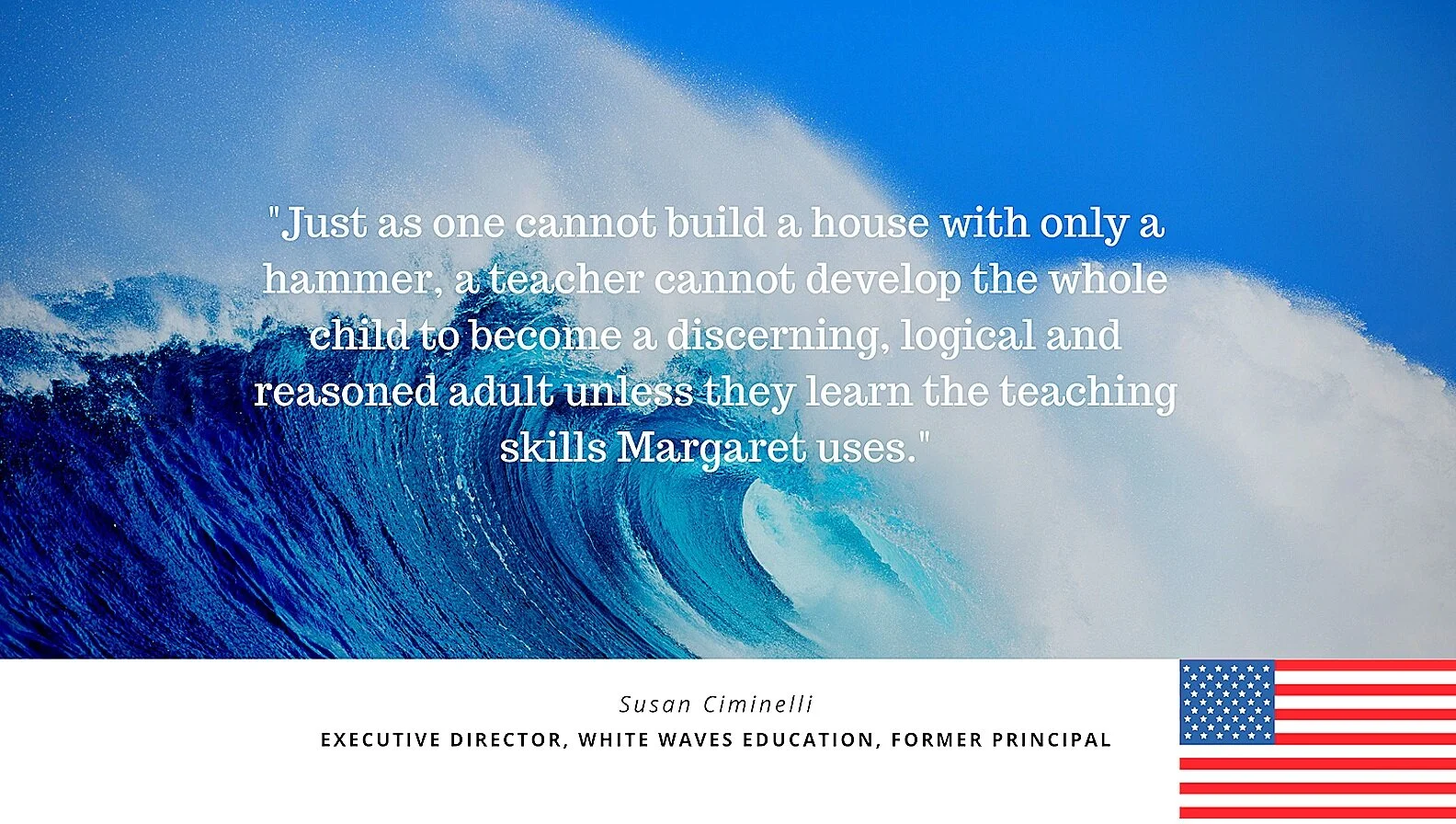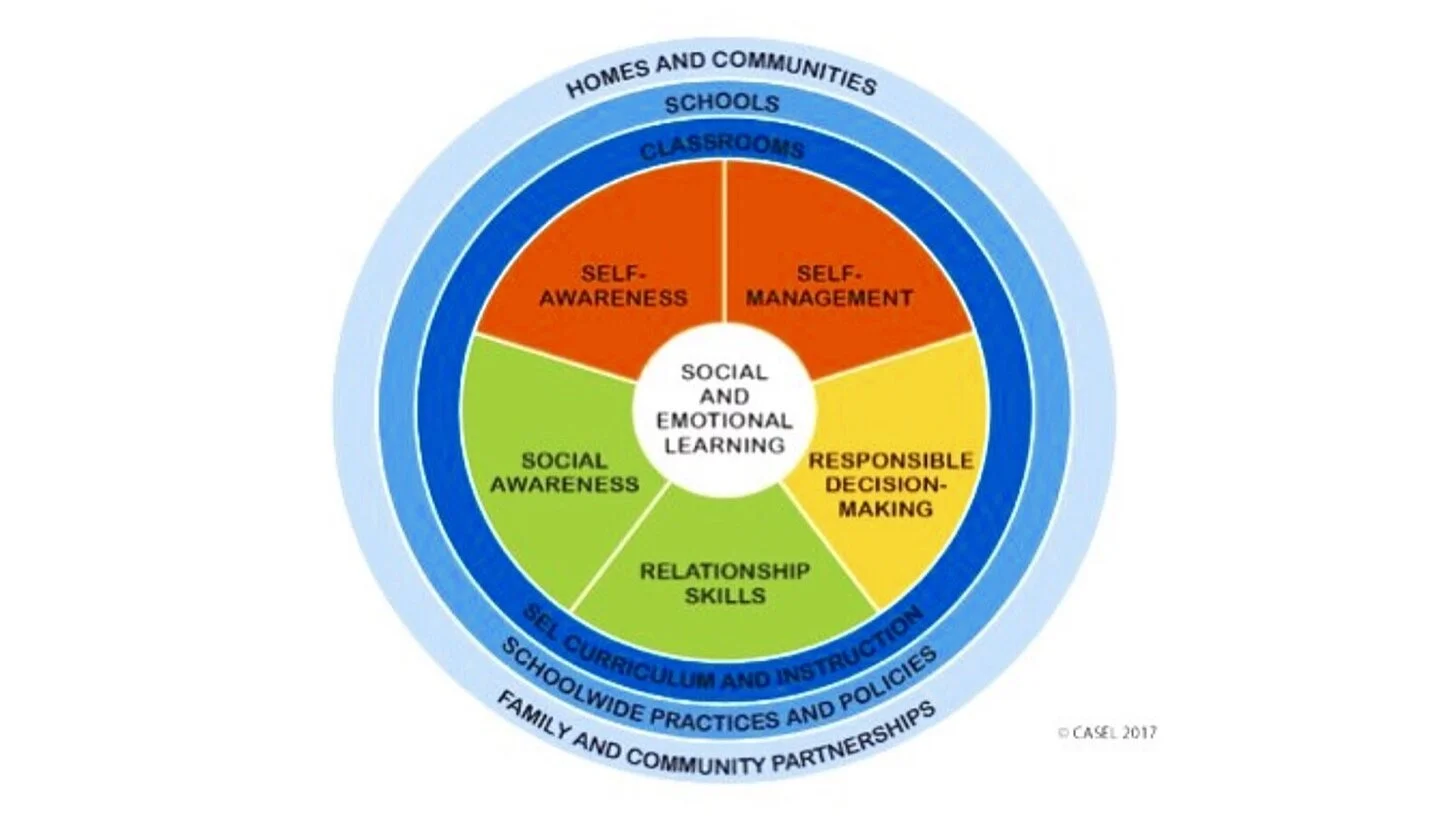Consider, that many adults are children in adult bodies. And it is not their fault. Emotionally they have not matured. Often, something happens in childhood and we decide something about ourselves e.g. I’m not smart enough or I’m not loveable. Then we spend the rest of our lives looking for evidence to prove our point of view. And it has us reacting instead of responding to life
Read MoreHow do we prepare our students for the 21st century? This is a question that educators have asked for years. Teaching content no longer sets our students up for success. Many of the jobs our graduates can get now will no longer exist in a number of years. Of course, teaching the basics is important and we must teach the basics in the context of developing innovative minds.
Read MoreHow do we teach RESPONSIBILITY? As teachers, we often complain about students who do not take responsibility for their learning. It seems difficult for them to make good choices e.g. as to where they sit and they have a bad habit of side conversations. We worry about these students and their progress. As teachers, we work very hard to make lessons compelling and spend time scaffolding and planning. And sometimes it seems we work harder than our students! We sometimes say to ourselves at points of frustration, “Well, you can lead a horse to water, but you can’t make him drink.” What if there was a way to teach responsibility?
Read More













Analogical Problem-Solving ™ is what I call teaching by living inside a story such as the Us and Them unit. Students have agency/voice to make decisions inside their class story, an analogy of life. As teachers, we carefully follow their suggestions and integrate lessons as we plan strategies that allow them to discover their learning. Students learn real-life lessons without real-life consequences. They realize at a profound level that we have so much in common. We are all connected. Ultimately the students decide war is not worth the enormous human cost. And they internalize that we are all part of the human race.